|
Faced with pressures associated with rapid urbanisation, the default position of governments is to build new cities. But it’s a risky business that can result in governments incurring massive debts. These projects can also turn out to be ghost cities that nobody wants to live in. City planners, argues Astrid R.N. Haas, should make sure they focus on where people are already moving. And they must design spaces people actually want to occupy.
More than half of the global population lives in cities, and around half of those live in cities that have about 500 000 inhabitants, or fewer. Small, ordinary cities, with half a million inhabitants or less, can be overlooked by politicians, investors, researchers and big businesses. Some of them, like Detroit in the US, and Coventry in the UK experienced periods of post-industrial decline, and are looking to change their fortunes through urban regeneration programmes. But, as Emily Hopkins writes, ordinary cities can avoid some of the ill-effects of regeneration, by embracing what makes them unique.
|
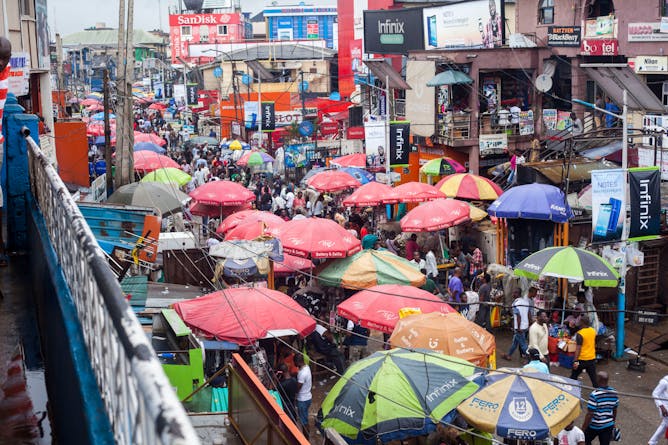
For Africa’s urban populations, new cities might not be the surest solution.
Tayvay/Shutterstock
Astrid R.N. Haas, International Growth Centre
Constructing fancy 'smart cities' might not be the best solution for Africa's rapidly urbanising populations.
|
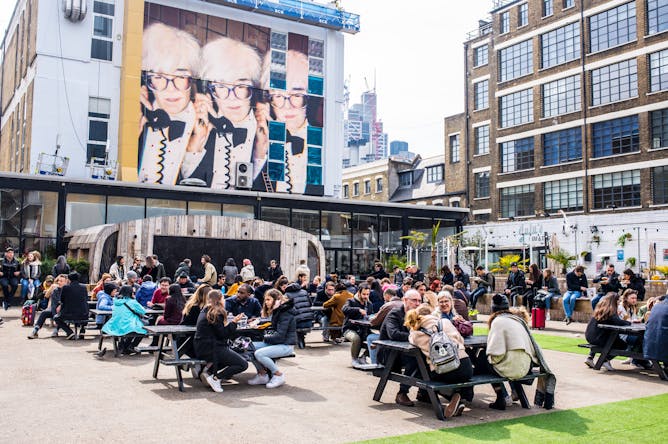
Look familiar?
Drimafilm/Shutterstock.
Emily Hopkins, Royal Holloway
Half the world's urban population live in cities with 500,000 inhabitants or fewer – it's time to celebrate these 'ordinary' cities.
|
Politics + Society
|

Juan Pablo Ferrero, University of Bath
Alberto Fernández has been elected as Argentina's new president, defeating Mauricio Macri, who was punished for his economic record.
| |
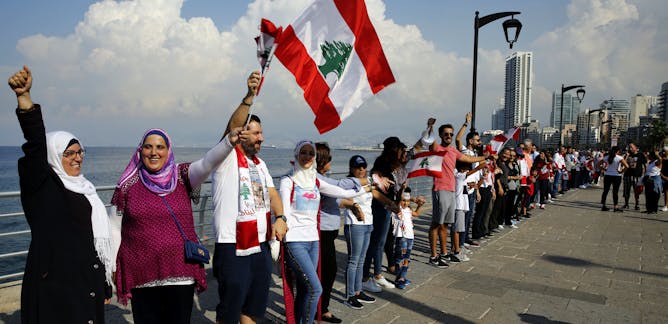
Mira Assaf Kafantaris, The Ohio State University
Lebanon's 1989 peace deal ended a civil war by sharing political power between religious factions. That created a society profoundly divided by religion – something today's protesters hope to change.
|
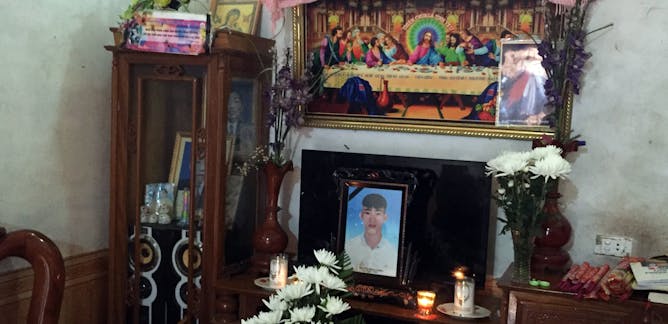
Daniel Silverstone, Liverpool John Moores University
It's feared many of the 39 people found dead in a lorry in southeast England were Vietnamese. What else could be done to prevent another such tragedy from happening again?
| |
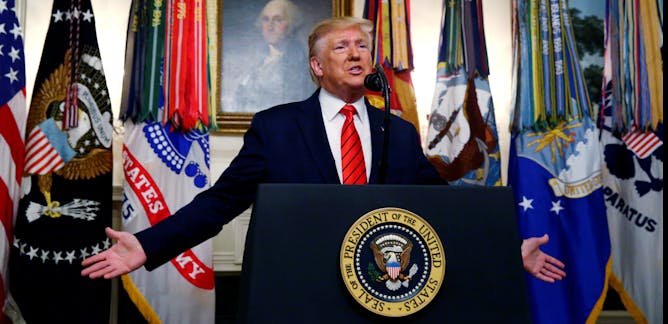
John A. Tures, LaGrange College
After a foreign policy win, presidents usually enjoy a short-term poll boost. But that's often followed by a long-term decline.
|
|
|
Health + Medicine
|
-
Claas Kirchhelle, University of Oxford; Samantha Vanderslott, University of Oxford
We've known how to control typhoid for over 100 years. The rapid current increase of drug-resistant variants in both rich and poor countries is down to decades of short-sighted global health policies.
|
|
Science + Technology
|
-
Jane Fenelon, University of Melbourne
Animals that pause their pregnancies could help us learn valuable lesson about human pregnancy, and even unlock secrets to stem cells and cancer.
|
|